Salt of the earth: The secret history of the pub peanut
Having profited from the downfall of the oyster as a bar snack, the salted peanut itself is now in danger of being usurped.
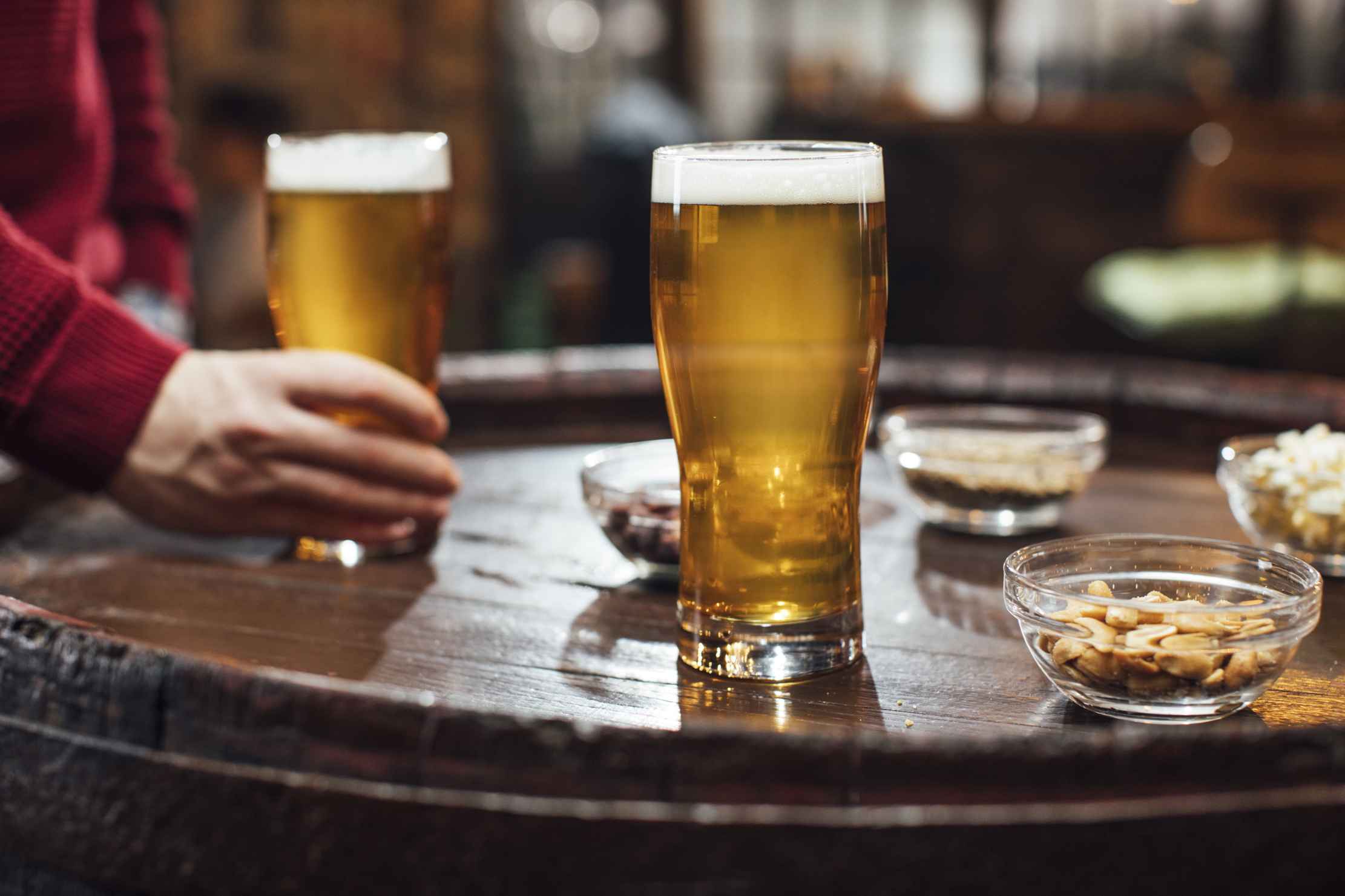

If you wanted a salty snack in a British pub before 1872, then there really was no need to order anything other than a pint from the barman. Before the Licensing Act that became law that year, breweries would put salt in the beer itself, keeping — as was no doubt intended — their customers thirsty and masking the often appalling quality of the ale sold to drinkers.
A century and a half on and the issue of salt with your beer is once again coming out of its shell. This time, it’s due to the decline in sales of that most venerated of pint accompaniments: the humble bag of dry roasted or, more commonly, salted peanuts.
Market-research firm Kantar reports a 4.5% decline in the sale of peanuts between 2020–23, worth £29.4 million across the country’s supermarkets. As Dominic Durham, general manager of The Sheaf View in Sheffield, South Yorkshire, five-time winner of the CAMRA (Campaign for Real Ale) Champion Pub of the city, elaborates, the change in habits has been noticed behind his bar counter, too.
‘There has been a definite decline in sales [of peanuts],’ reflects Mr Durham. ‘The main change in snacks is that the variety has increased — things such as poppadoms and pretzel pieces are available now, which obviously takes sales away from nuts. A lot of venues now offer more substantial snacks, including pork pies and Scotch eggs — we even sell onion bhajis that a local curry house provides us with at weekends.’
Although peanuts have been available in the UK since the 1500s, it took the decline in our native-oyster stock to propel them into pubs. As polluted waters reduced a reliable supply of bivalves to be served with beer, pubs retreated to safer options for the human digestive system. Enter Kenyon Produce, founded in 1853 in Rotherham, South Yorkshire, as a manufacturer of jam. Exactly 100 years later, it became the first national distributor of peanuts in packets, shortening its name to KP.
Yet peanuts always had a salty pub foe — the potato crisp. First introduced to pubs in north London by Frank Smith, who would sell his ‘Smith’s Crisps’ to drinkers around Cricklewood in the 1920s, this rival snack has, according to the Kantar research from last year, not suffered in the same way that nuts have.
‘The only snacks that can compete with peanut sales are crisps,’ believes Tom Lock, strategic partner at Nibblers, a Hemel Hempstead-based wholesale supplier of snacks to pubs across the UK. ‘Pork scratchings would come in third place. Things such as biltong can do well, but Britons are quite stuck in their ways when it comes to pub snacking. Crisps, nuts and pork scratchings are the holy trinity.’
Sign up for the Country Life Newsletter
Exquisite houses, the beauty of Nature, and how to get the most from your life, straight to your inbox.
Mr Lock is frank about the limited success Nibblers has had in its attempts to diversify what pubs choose to sell with a pint. ‘We tried salami crisps — these didn’t do that well,’ he admits. ‘We also tried mini chorizo, which didn’t work either, but there have been some surprises. Mini poppadoms is a good example of something that does surprisingly well for us.’
What is certain is that the decline has nothing to do with the persistent — and very unpleasant — story about peanuts of which no pubgoer of recent years can be unaware. The story goes that ‘scientists’ took some peanuts from a bowl placed on a bar and tested them under lab conditions. Their findings showed numerous traces of male urine among the nuts, presumably from customers who had answered the call of nature, then neglected to wash their hands before plunging their fingers into the complimentary snacks. Happily, this is a tale that can be firmly placed into the file marked ‘urban myth’, as, quite simply, no such ‘test’ is known to have taken place.
It seems that a pushback towards the gentrification of nuts is flourishing in some quarters, but not all peanut stalwarts are convinced. As Mr Durham concludes: ‘Posh nuts are bad nuts, in my humble opinion. Some are trying the “gourmet” card, but any nut with a coating on it needs to be in the bin. As far as I’m concerned, salted and dry roasted remain the best.’
Rob Crossan is a journalist specialising in culture, books, lifestyle and travel
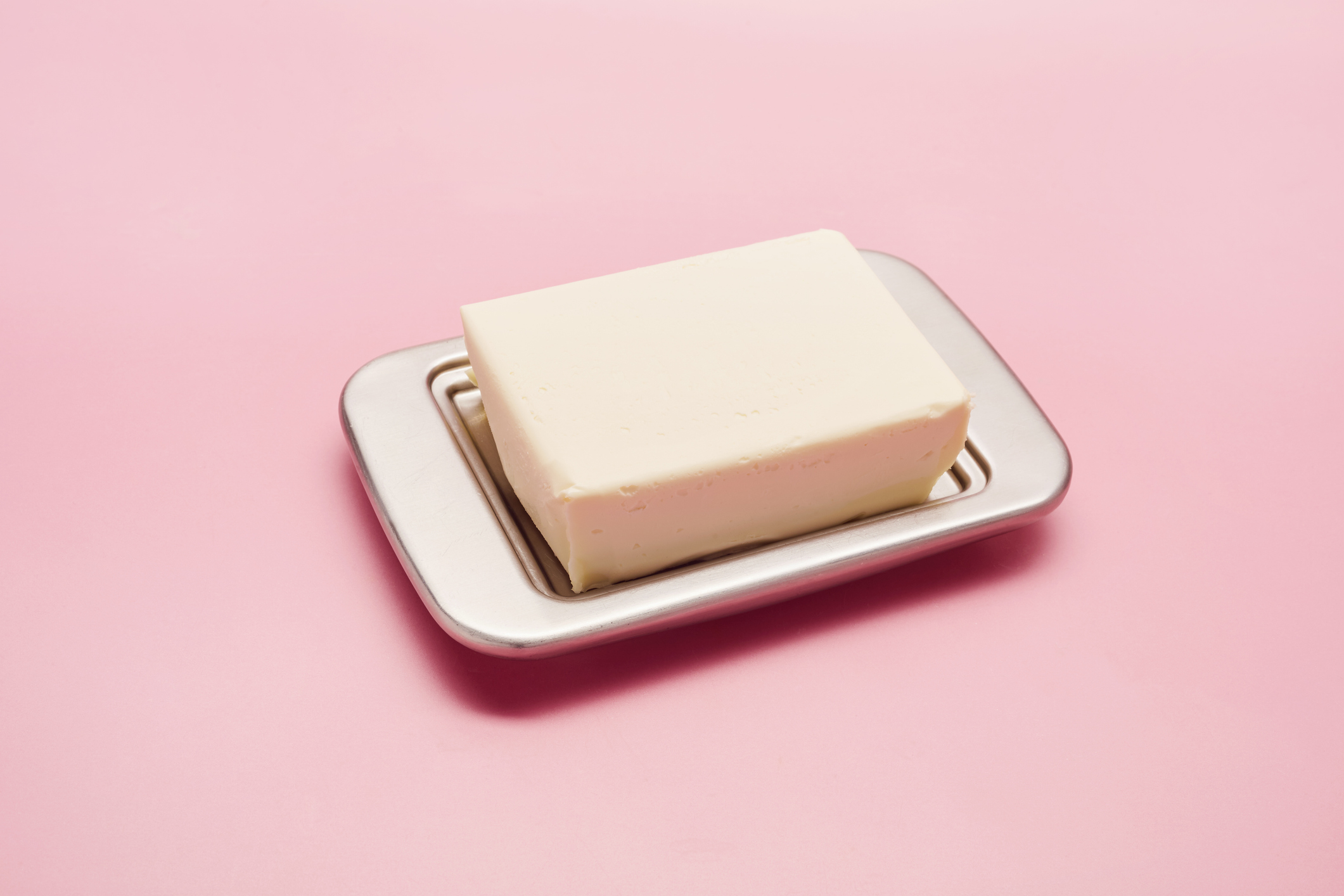
Credit: Getty
The strange tale of why margarine used to be pink
Margarine has been a staple of our breakfast tables for over a century, but it hasn't always had a smooth
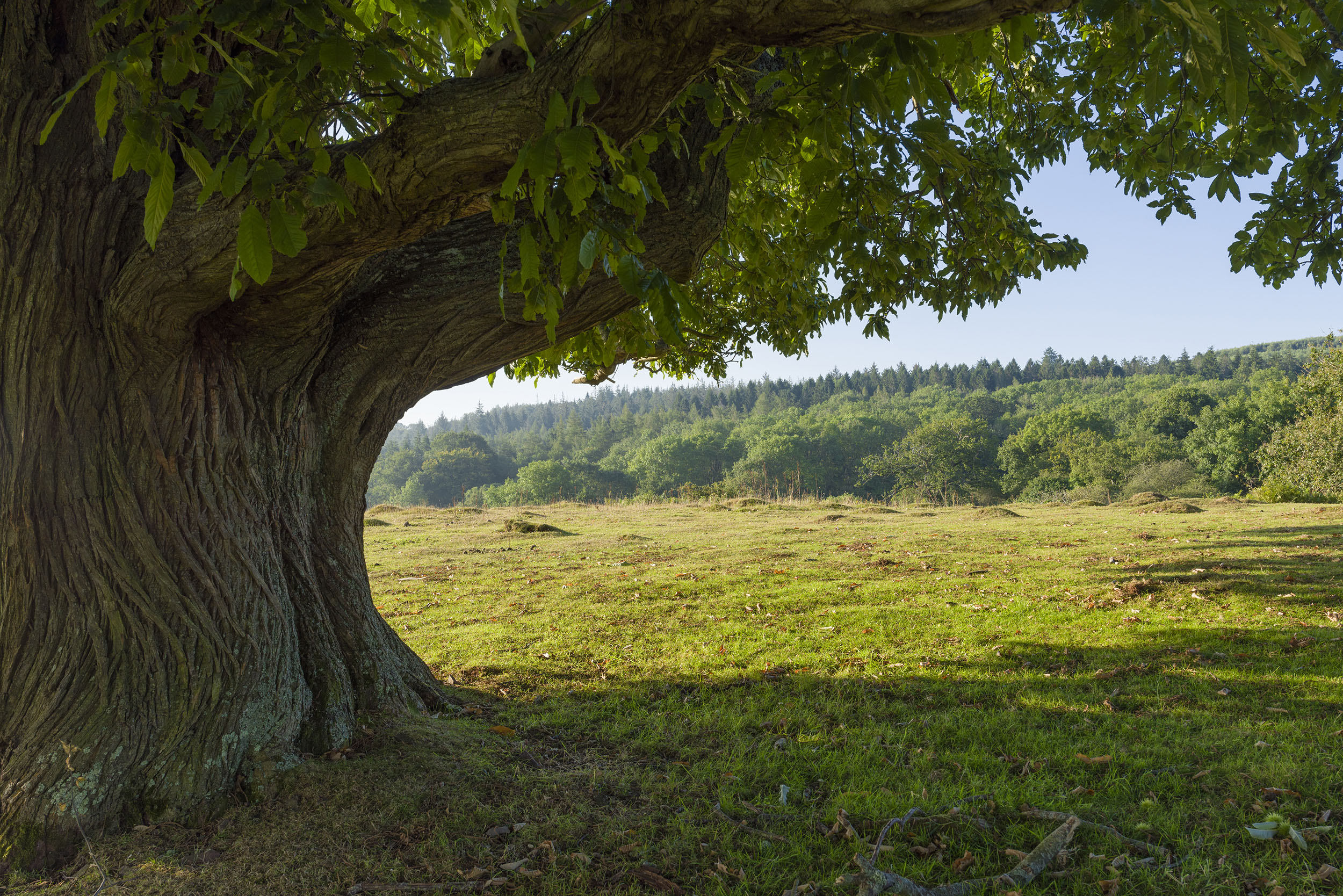
The 1,000-year-old sweet chestnut tree you'll find in the Cotswolds — and what to do if you have a younger example near your home
Tis the season to roast sweet chestnuts.
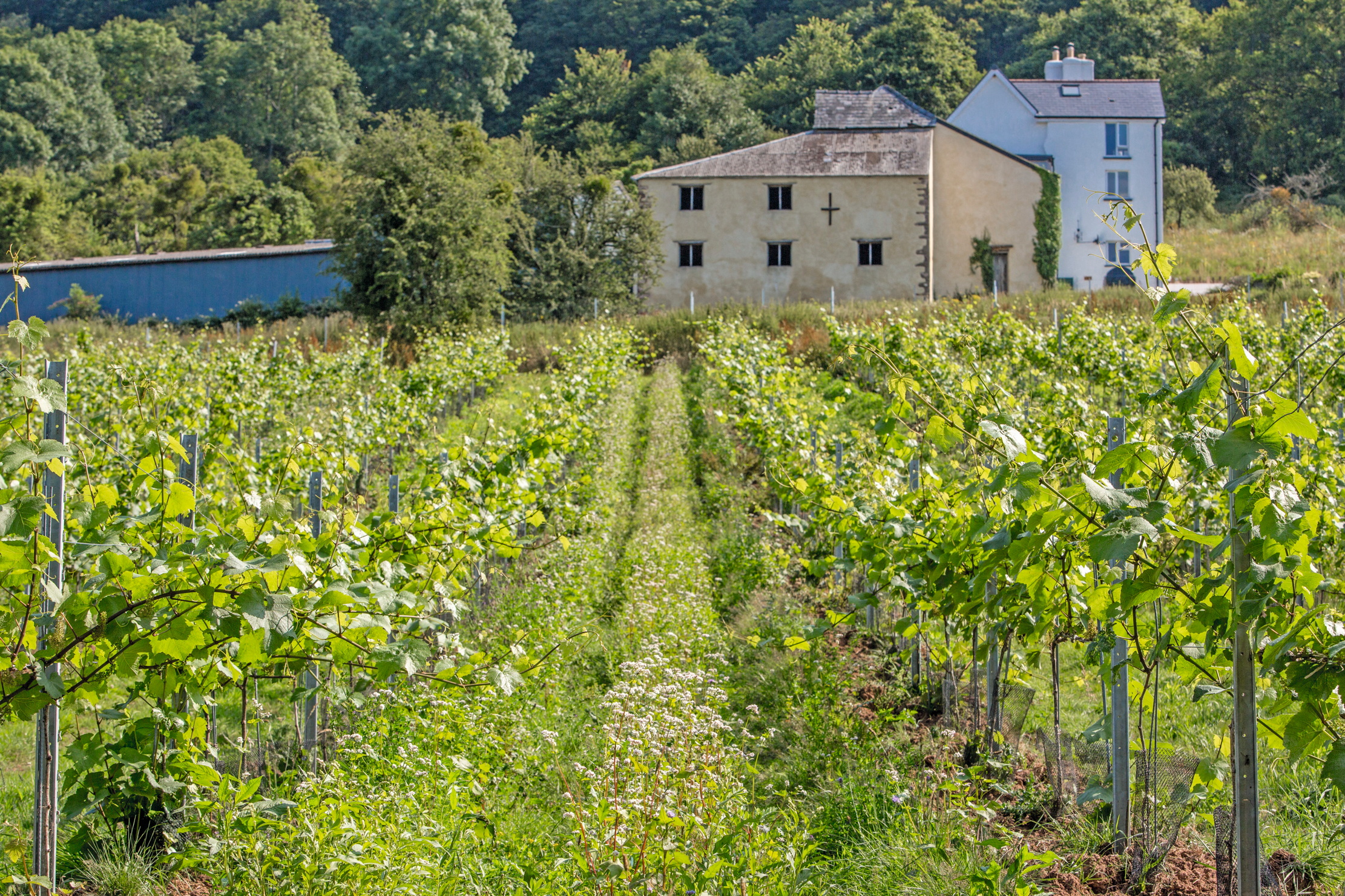
You had me at merlot: The rise of English wine and what it means for the countryside
For the first time, the UK is home to more than 1,000 vineyards — and counting.
Rob is a writer, broadcaster and playwright who lives in Brixton, South London. He regularly contributes to publications including the Daily Mail, Daily Telegraph and Conde Nast Traveller. Rob is the Special Correspondent for the BBC Radio Four programme Feedback and can also be heard on the From Our Own Correspondent programme on BBC Radio Four and the World Service. His first play, 'The Gaffer', premiered at the Underbelly Theatre as part of the Edinburgh Fringe in 2023.
-
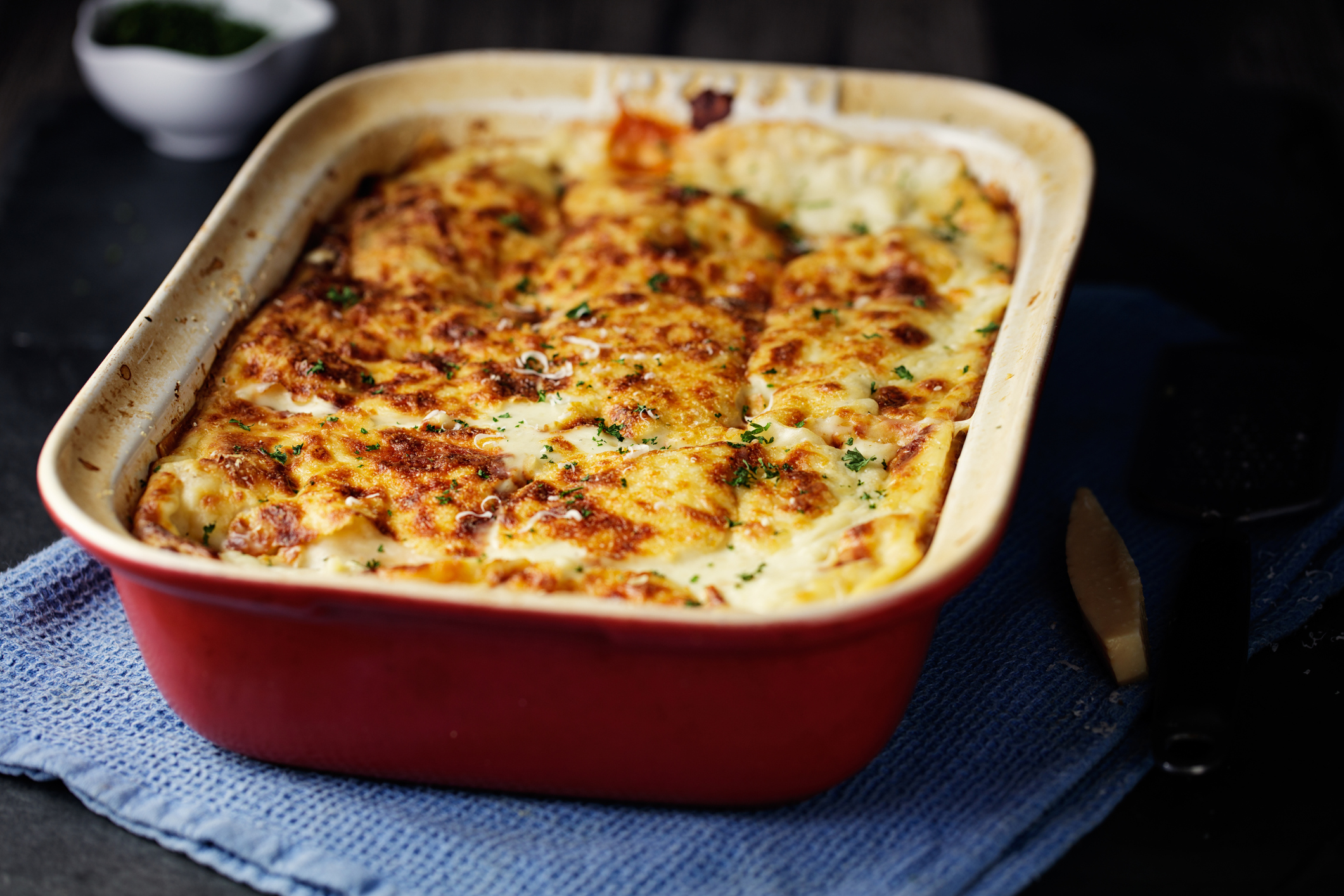 'Monolithic, multi-layered and quite, quite magnificent. This was love at first bite': Tom Parker Bowles on his lifelong love affair with lasagne
'Monolithic, multi-layered and quite, quite magnificent. This was love at first bite': Tom Parker Bowles on his lifelong love affair with lasagneAn upwardly mobile spaghetti Bolognese, lasagne al forno, with oozing béchamel and layered meaty magnificence, is a bona fide comfort classic, declares Tom Parker Bowles.
By Tom Parker Bowles
-
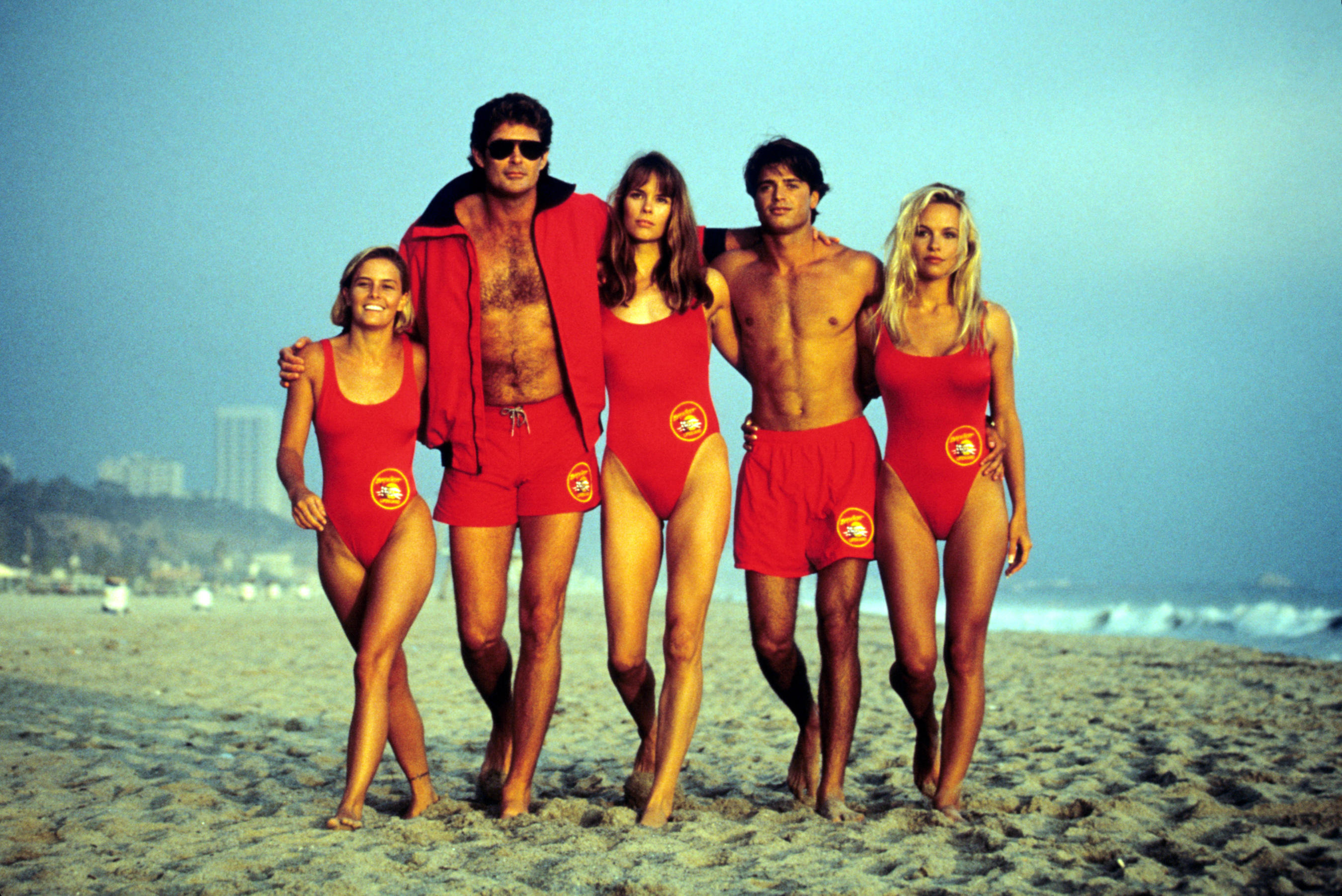 Country houses, cream teas and Baywatch: Country Life Quiz of the Day, April 24, 2025
Country houses, cream teas and Baywatch: Country Life Quiz of the Day, April 24, 2025Thursday's Quiz of the Day asks exactly how popular Baywatch became.
By Toby Keel